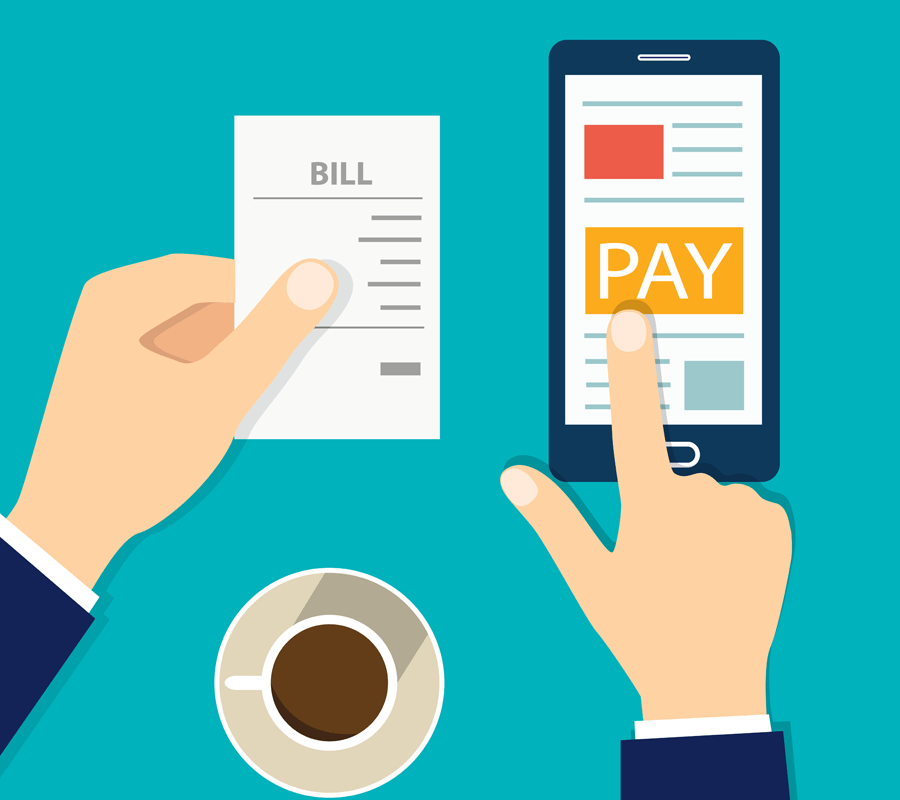Check out our new platform: https://thecapital.io/
The deterioration of the financial conditions has significantly affected the delays in paying phone and internet bills — which are higher during the pandemic.

The lockdown caused by the Covid-19 pandemic, and by extension, the requirement to work remotely forced everyone to communicate over the phone and in virtual meetings. After the Corona-crisis, more than half of Poles (56.5 percent) admitted that they use their phone much more frequently and spend more time on the network (54.3 percent).
As was foreseeable, the utility bills have increased, and as the studies show, they have never been a priority in the order in which the various types of charges are to be paid. The Coronavirus has only made this issue worse. As the data presented in the Intrum report shows, 62 percent of Polish consumers believe that their financial well-being has deteriorated as a result of the pandemic, which in practice means that some people have to decide which bills they will pay first, due to their reduced incomes.
In turn, according to the BIG analysis, the delay of any payments during the pandemic was declared by almost 1/3 of those surveyed. Most of these (16%) was the postponement of payments for phones and the Internet.
https://twitter.com/thecapital_io
Pandemic and bill problems was originally published in The Capital on Medium, where people are continuing the conversation by highlighting and responding to this story.
from The Capital - Medium https://ift.tt/3cJK28h
Comments
Post a Comment
Any questions, Please.